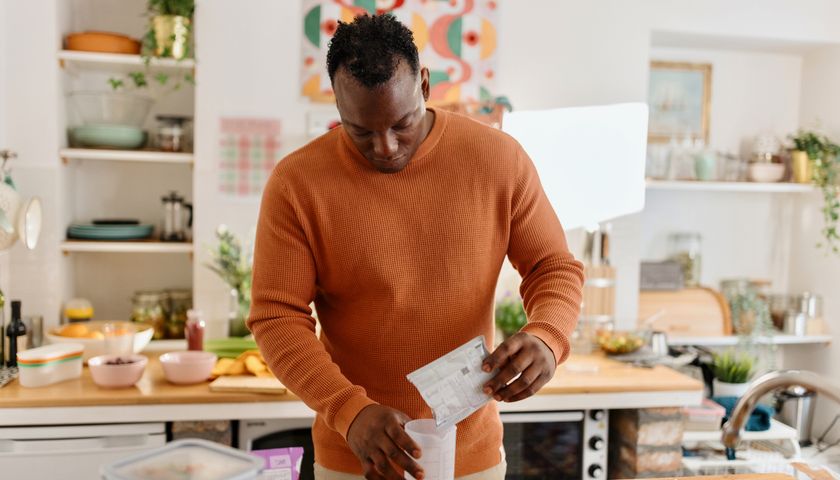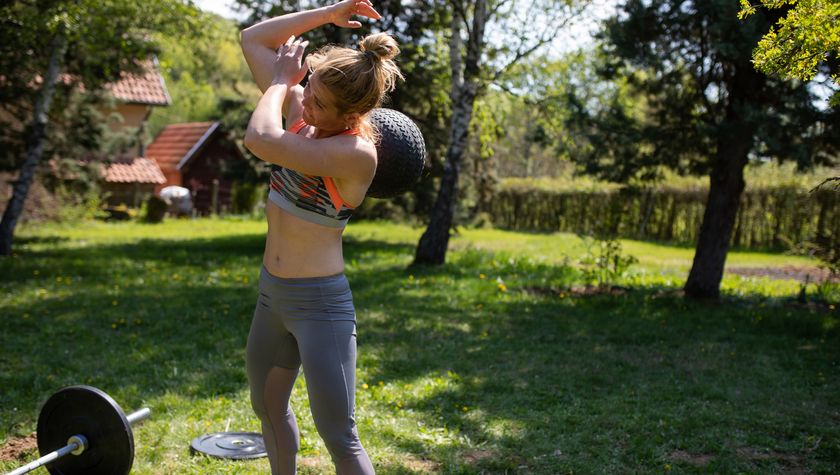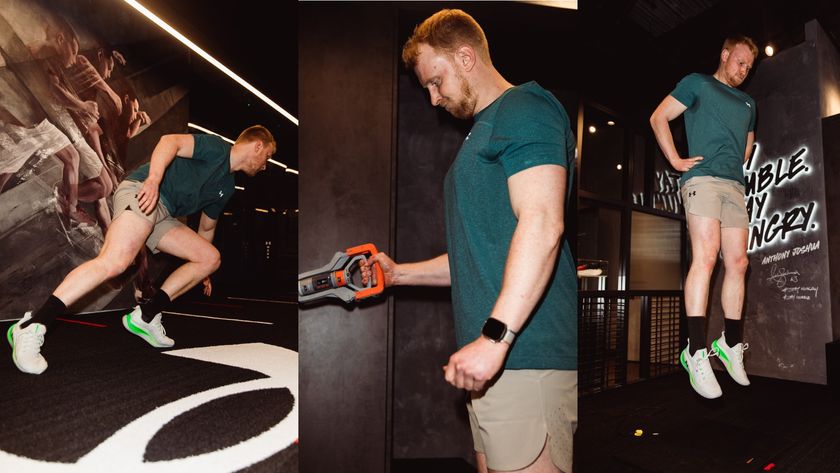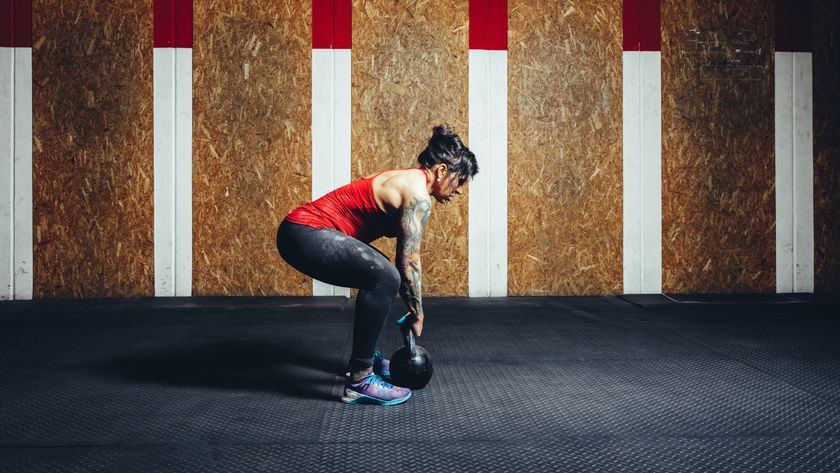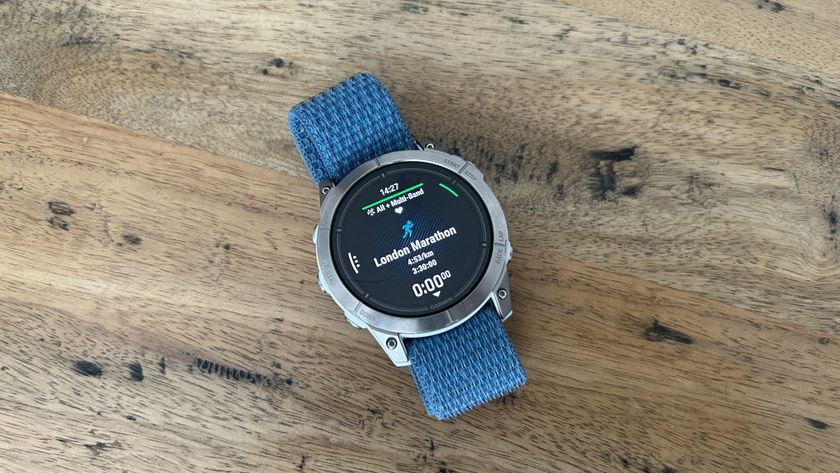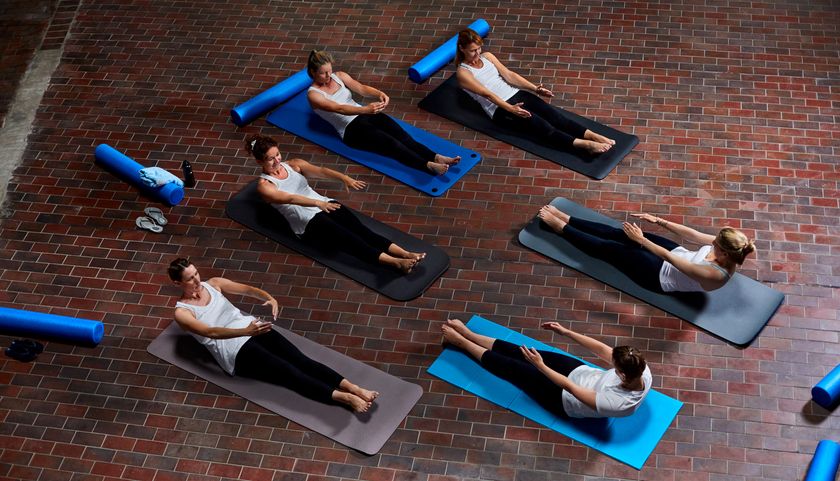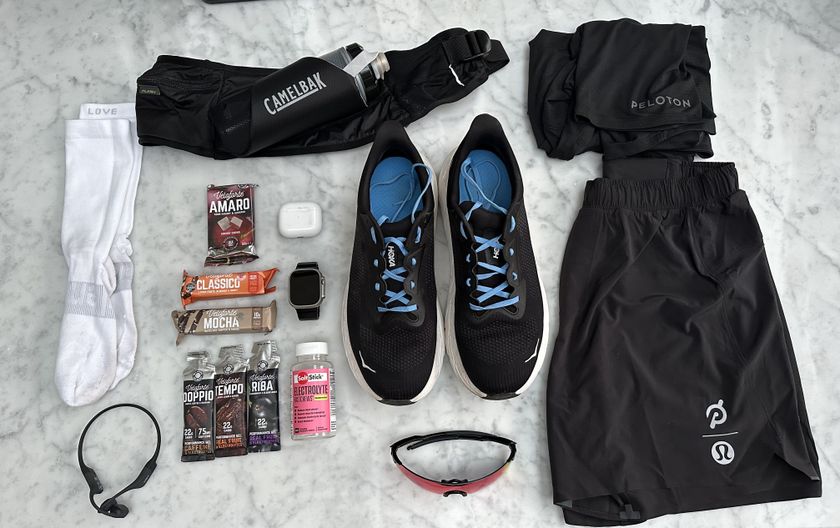How To Recognise The Physical Symptoms Of Anxiety
Expert advice on recognising anxiety and what symptoms you should see a doctor about
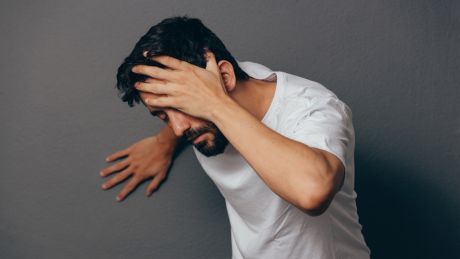
Anxiety can affect your body in surprising ways and once you realise that the root cause of some physical complaints can be anxiety, it really hammers home how important it is to try and maintain good mental health.
Before you can deal with anxiety, you need to recognise it. We spoke to Fatmata Kamara, a mental health nurse from Bupa UK, for advice on what the physical symptoms of anxiety are and some first steps anyone can take towards dealing with the issue.
What are the most common physical symptoms of anxiety?
Anxiety can affect your body in many ways. You may feel light-headed or restless and have a fast or irregular heartbeat. You might also experience hot flushes, shortness of breath, dizziness and nausea. Symptoms vary from person to person, so it’s important to be aware of how anxiety can affect your body.
What are some of the more surprising physical symptoms caused by anxiety?
When you’re anxious, your body releases stress hormones and this can affect your body in many ways. A few surprising symptoms of anxiety include chest pains, muscles aches and headaches. You might also notice that your behaviour, sleep pattern, appetite and concentration levels can all change.
What symptoms should people not ignore and make sure they consult a doctor about?
Although feelings of anxiety at certain times are completely normal, anxiety can become a mental health problem when it happens regularly for a prolonged period of time. It’s important to seek help if your anxiety is affecting your daily life or causing you distress. If you’re experiencing feelings of dread or a loss of control and you’re avoiding situations that others find manageable, make sure you seek help. If any of these symptoms apply to you, you should speak to your GP. They will ask you some questions to try to find out what is causing your anxiety.
If you don’t seek help, how can the physical symptoms of anxiety worsen?
It’s important to always seek help, because your symptoms can get progressively worse. You may find that your anxiety becomes uncontrollable, and this can have a huge impact on your emotional and physical wellbeing.
See related
- Here’s How To Tell If You Should See A Doctor About Your Mental Health
- 10 Symptoms Of Stress You Shouldn’t Ignore
- 3 Simple Ways To Reduce Stress And Anxiety
People often struggle to recognise anxiety within themselves, so is there any way to differentiate between symptoms caused by anxiety and other causes?
There are certain other conditions that overlap with anxiety. These include obsessive-compulsive disorder (OCD) and post-traumatic stress disorder. Depression and anxiety also have similar symptoms.
Get the Coach Newsletter
Sign up for workout ideas, training advice, reviews of the latest gear and more.
It can be difficult to distinguish anxiety from other, similar conditions. But if you’re experiencing any symptoms that are affecting your everyday life, it’s important to seek help. If you’re finding it difficult to cope, talk to someone you trust. This might be a friend, relative or your GP. Support groups can give you information and advice too.
What are the best first steps towards dealing with anxiety?
A simple, first step is acknowledging your anxiety – this can help you manage how you’re feeling. Once you’ve accepted your anxiety, there a few things you can do to help.
- Write down your thoughts: If you’re spending your days worrying about things, noting them down can help you understand what’s causing you to feel anxious. Or, if you’re on the move, phone apps such as MindShift can help you record your feelings.
- Give yourself a break: Anxiety can be all-consuming, so try to take some time out each day to relax. Whether it’s going for a walk or reading your favourite book, it’s important to find time for yourself.
- Strive for a healthy lifestyle: When you exercise, your brain releases hormones called endorphins, which can improve how you feel. Eating a balanced diet that’s full of vitamins and minerals can also keep your brain and gut healthy. Try to avoid caffeine too, because it can cause or increase feelings of anxiety.
- Ask for help: Dealing with anxiety can be difficult. Talking to someone you trust about how you’re feeling can help – which could be a friend, a relative, a doctor or someone else altogether, as long as you think they can help you. .

Nick Harris-Fry is a journalist who has been covering health and fitness since 2015. Nick is an avid runner, covering 70-110km a week, which gives him ample opportunity to test a wide range of running shoes and running gear. He is also the chief tester for fitness trackers and running watches, treadmills and exercise bikes, and workout headphones.
